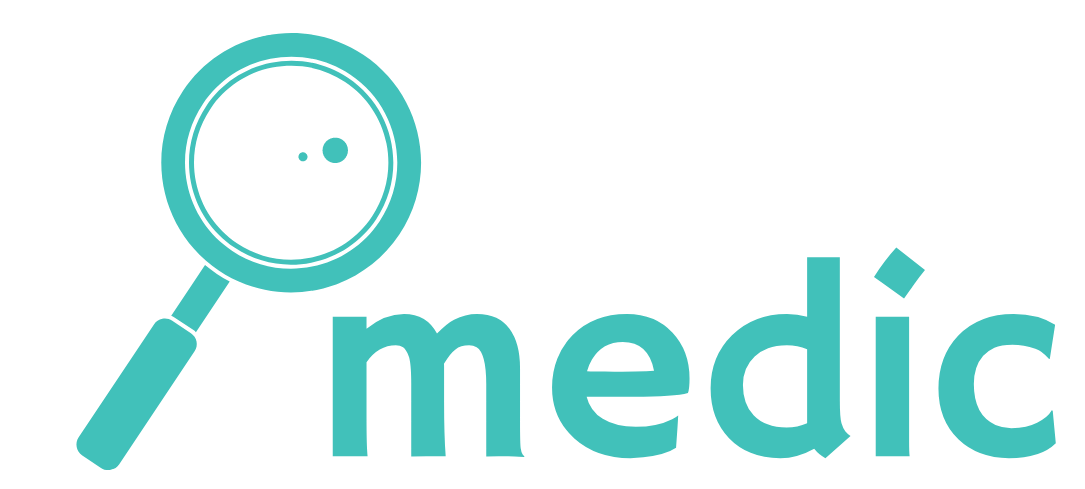
The Conflict Medic Philosophy
The word conflict comes from the Latin conflictus, past participle of confligere ("to strike together”), from con- ‘together’ + fligere ‘to strike’. For me, the key word here is “to strike” - because striking produces energy and depending on how you channel that energy, it can have damaging effects or it can be harnessed to create, to transform, to innovate. Like a matchstick, conflict can illuminate or it can burn everything in its way, if not skillfully managed.
In a setting like the workplace, where people from all walks of life with all sorts of needs and values and ideas of how things should be done come together, the “striking” is inevitable.
The outcome, what happens with the energy that is generated, on the other hand, is entirely dependent on how we respond.
In this interpretation, conflict becomes not only something to live with, but something of value. Instead of hiding from conflict, I suggest we address it head on.
Instead of allowing it to control us, to consume us, I suggest we take back our power and use all the tools at our disposal (empathy, communication, working on perceptions and emotional responses etc.) to turn it on its head.
Instead of fear and stress, I suggest courage and curiosity.
Let’s assume we have two team leaders, one from Operations, one from Finance. One is male, the other is female. One Austrian, the other French. One a Gen Z, the other a Gen X. One with a sensing/perceiving personality, the other intuitive/introvert. They’re in a conflict. The actual reason of their conflict? Your guess is as good as mine at this stage. While reading this, you might have already made some assumptions about the possible cause of their clashing, but the reality is that every conflict is unique, dynamic, influenced by several internal and external factors. Assumptions and generalisations have no room here.
The end game, for me, is to bring humans and their unique, beautiful, and complex personalities back to the heart of organisations.
To skillfully work with conflict and in conflict, what we need to do is understand people, their motivation, their needs and aspirations, and how they interact with each other and their environments in a way that causes discomfort and, further down the road, destructive conflict. What is it in these interactions that triggers them? How can we change this? What is in the environment they operate in that is hindering these interactions? How can we bring in more psychological safety in the workplace so that people feel seen, heard, and safe to be their authentic selves without fear of retaliation? These and plenty more other questions are at the heart of any genuine attempt of transforming relationships and workplaces in a way that we can harness the creative power of conflict and make sure that employees are happier, more engaged and, ultimately, better assets for the organisations they work with.
Like in the case of healthcare, where the goal is to build non-variant specific immunity, the aim for me is to help develop non-situation specific skills. I work towards ensuring that each conflict solved is not replaced with another or that a conflict that was apparently addressed continues to reemerge. For this reason, I’m a big advocate of people learning essential conflict management skills and ensuring psychological safety for constructive, healthy conflict. In this scenario, a third party would only ever need to step in for conflict transformation work when, despite all efforts, the conflict has turned destructive.
